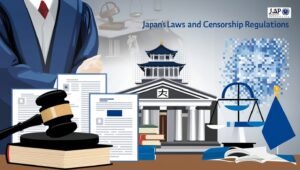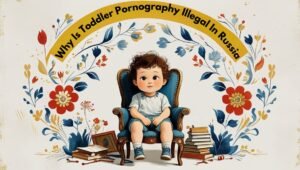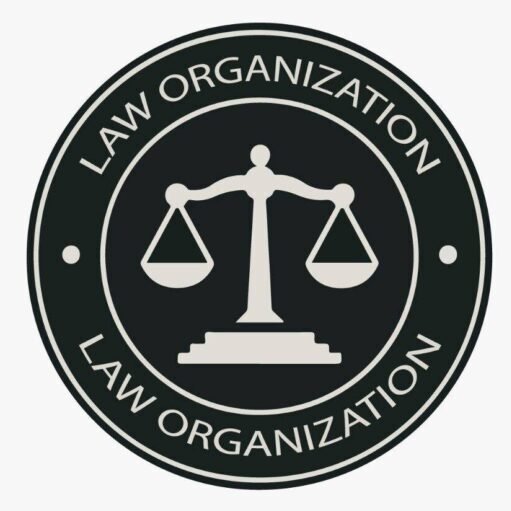As the evolution of digital technology has made Internet pornography more accessible than ever, raising significant legal, ethical and societal concerns. It is spreading worldwide which is important to stop it. Government and regulatory bodies are continuing to deal with the challenges of balancing free speech, privacy rights.
The distribution of pornography on the internet is a complicated problem that calls for cautious consideration. Governments around the sector have enacted legal guidelines aimed at regulating the distribution of pornography on the internet. But, these legal guidelines were criticised for their potential for use to suppress regularly occurring rights and freedoms. The distribution of Internet Pornography is increasing day by day, and so is the need to control it. Here are some strict laws regulated by the government.
In this blog, we are able to discover the complexities of regulating internet pornography.
The History of Regulating Pornography
For over a century, government officers, involved citizens, and erotic media manufacturers have wrestled over the distribution of pornography via platforms starting from the U.S. mail to the telephone to cable tv.

By means of the mid-1990s, the net eclipsed almost all different debates about the regulation of pornography. The courts overturned the primary net pornography guidelines due to loose speech violations.
However in 2000, Congress passed legislation mandating that all schools receiving federal budget use filtering software to restrict entry to sexually explicit online content material.
Russia’s Enforcement of infant Porn regulation
Russia has been inside the information for using a new regulation geared toward curtailing net infant pornography, drug use, and suicide to alternatively restrict internet speech.
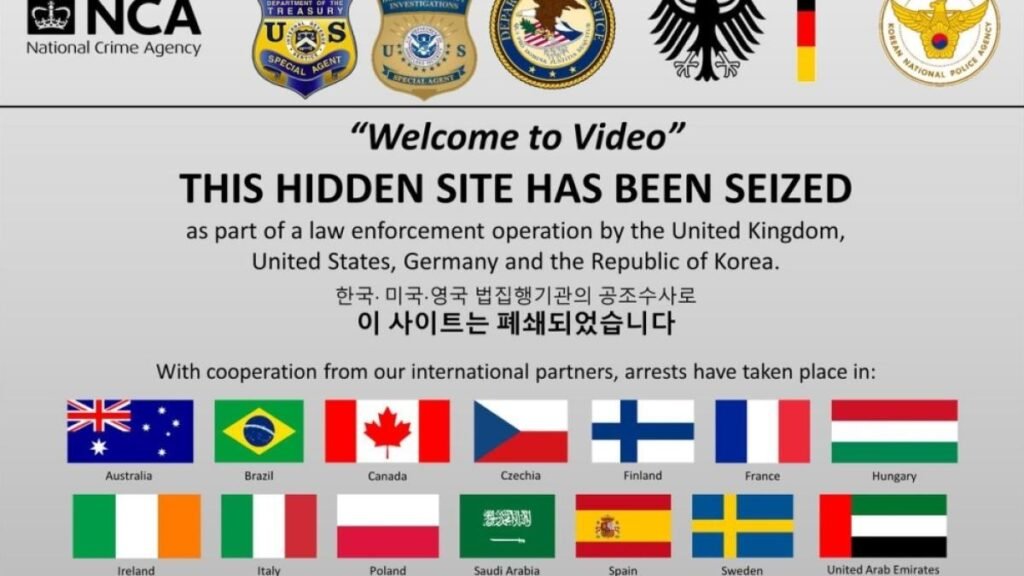
The government’ implementation of this new regulation merits critical scrutiny, for as we’ve seen inside the past, Russia has a well-hooked history of selectively enforcing seemingly impartial laws to suppress widely wide-spread rights and freedoms. Civil society organisations see this regulation as commencing the door to broader censorship
Pornography laws by place
Consistent with Wikipedia, the criminal popularity of pornography varies widely from the United states of america to u.s.
In Russia, consumption of pornography is authorised even though the production of it is not. The unlawful production, distribution, and “public demonstration” of pornography is punishable via a 2- to 6-year jail term. Roskomnadzor, the Russian government’s media overseer, has the energy to reserve the blocking of pornographic websites.
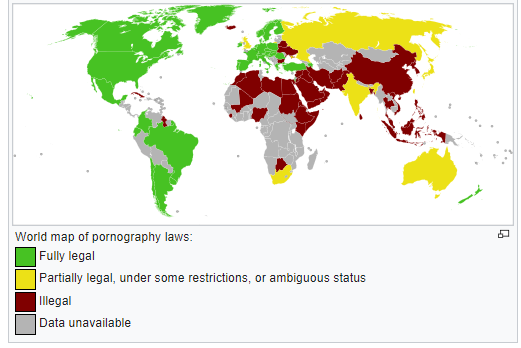
In Ukraine, pornographic production, distribution, broadcasting (both audio and video), transportation, import, and export are illegal
Net Blacklist
Russia has positioned into pressure a brand new law at the net that allows the government to block web sites with banned content, along with websites that contain toddler pornography, data on tablets, or calls to dedicate suicide.
The law is officially meant to defend kids from viewing mistaken content material. But, critics say its wording could be exploited to block opposition websites by means of planting banned fabric, probably shutting down the maximum energetic discussion board for political debate in Russia.
Strengthening Authors’ control Over on-line Expressions
As the excellence of cultural productions improves, authors will call for higher authorship norms capable of protecting the integrity and authenticity in their works.
The proper respect and integrity may be used to strengthen authors’ control over on line expressions. This may be done through requiring intermediaries to respect authors’ moral rights and by supplying authors with the ability to implement their ethical rights towards intermediaries.
Conclusion
The distribution of pornography on the net is a complicated issue that requires conscious attention. Governments around the sector have enacted legal guidelines aimed at regulating the distribution of pornography on the net. However, those legal guidelines have been criticised for his or her capability to be used to suppress everyday rights and freedoms.
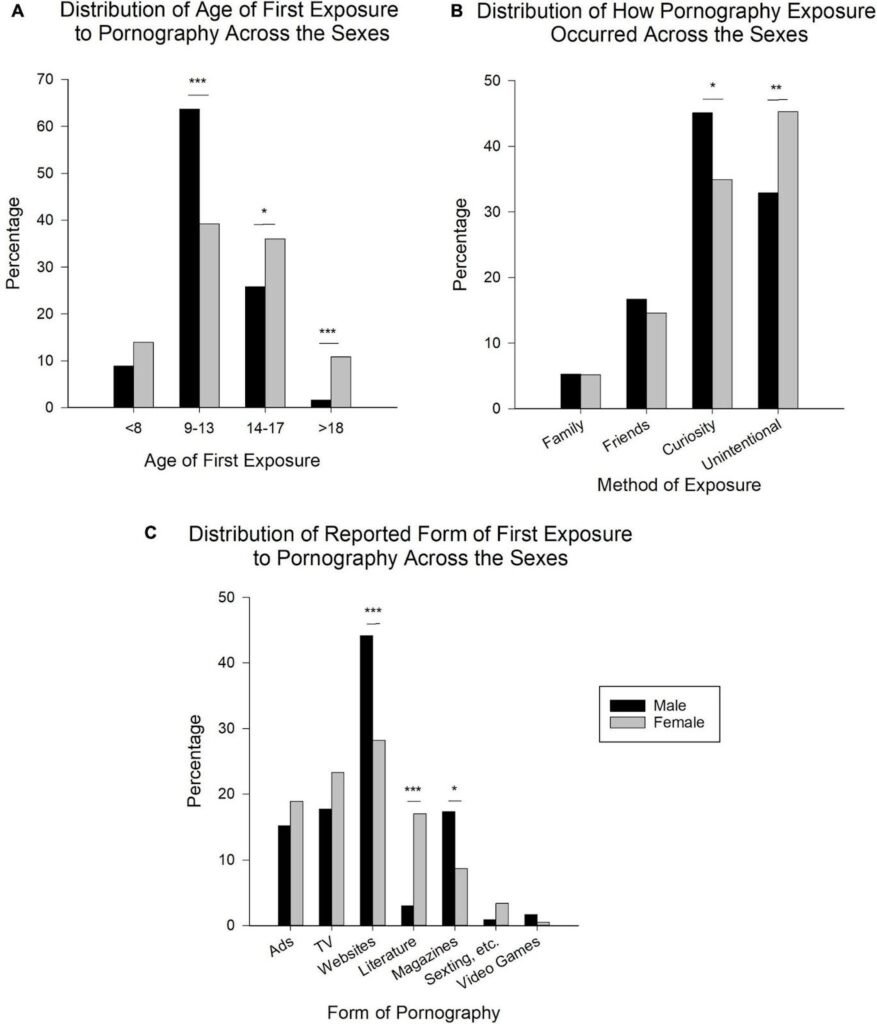
The enforcement of these legal guidelines has been visible as a part of a broader crackdown on free expression in some countries. Crafting policy solutions that allow people to choose how they stumble upon pornography on-line whilst shielding marginalised groups is a complicated issue. The latest developments, legal frameworks, and ongoing debates surrounding the regulation of Internet Pornography, shedding light on the complexities of enforcing policies in a constantly shifting online landscape. It has so much complexity to regulate internet pornography but due to the easy availability and the accessibility of internet pornography it is harmful not only to the youth but also to the children.
The principle of admiration and integrity can be used to bolster authors’ management over online expressions.
![You are currently viewing The Complexities of Regulating Internet Pornography[2025 Updated]](https://pornography-laws.com/wp-content/uploads/2024/12/Internet-Pornography.jpg)
